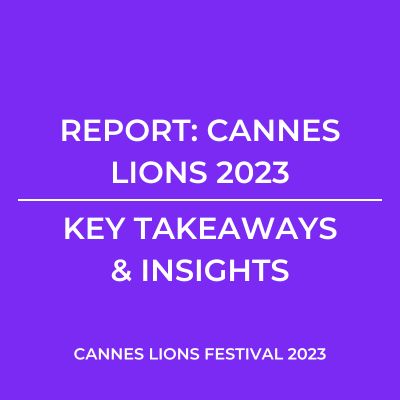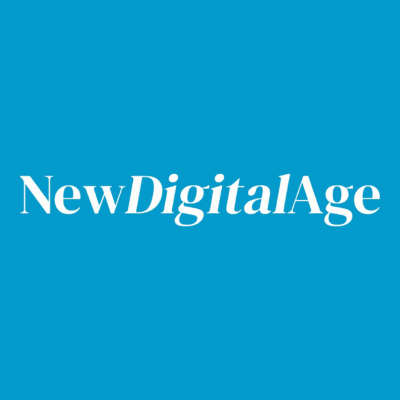When I was recently visiting my family in Shenyang, China, where I was born and raised, my 75-year-old grandma told me she had travelled to her holiday apartment in Cheng Du. I was shocked by how she was able to manage things on her own at this age, but she was nonchalant.
She told me a notification had popped up from her AirChina app (yes, she uses an iPhone and it has apps!) telling her where on the airport carousel her bag would arrive. After picking up her bag, she used DiDi to order a taxi that arrived in minutes to take her home. During the journey, she opened ELeMa and ordered dinner, which arrived just minutes after she walked into her apartment. Finally, whilst eating dinner, she opened WeChat and even started video calling my mother…
So, there is no question about it: the world has changed. It has gone mobile – even my grandma has.
I don’t think it’s a simple story of technological change. It is a story of fundamental shifts in consumer behaviour that are forever changing the practice of marketing and how we should view its application with brands and businesses. The rise of in-the-moment expectations is reaching an all-time high.
Now we are in 2019, mobile will be more important than ever because…
1. Wearable tech is changing mobile marketing.
Mobile phones and wearables have become an extension of self because they’re so much more personal than a PC or other digital devices. Wearable tech is even transforming our digital heath, with Fitbit wristbands to track workouts. I’m pretty sure my grandma once asked me if Apple Watch can monitor her blood pressure. Bless her.
Technology like this could be game changing for advertisers. The opportunity for providing cross-platform integration is becoming so prominent. All the behavioural patterns and data collection behind these wearable products provide opportunities for brands to generate enormous amounts of information which can then be used to create customised services and product development activities.
2. AI will drive disruptive innovation.
Mobile ads are becoming more targeted and location based, allowing brands to collect increasingly accurate and effective data. Companies such as Amazon and Netflix are already leveraging machine learning tech, which is called dynamic creative optimisation. This will truly automate the facilitation of buying and selling advertising to target a highly-connected audience. These mobile ads are personalised according to previous interactions, demographics, locations and even weather.
3. Voice search will help to create a seamless experience.
Over the last couple of years, there has been a real sense of convenience in how many people now use mobile search, with 20% of mobile searches being initiated by voice. My grandma said her best friend nowadays is Siri, which, compared to the Italian grandmother who went viral trying to get acquainted with her Google Home, makes me so proud.
This huge revolution in search means optimising for voice search on mobile in 2019 will give advertisers the chance to think about having a conversational approach to their target audience and to create a more positive relationship. Through intelligent use of data, it’ll also be the time for brands to anticipate and seek to fulfil a customer’s needs before they even realise they have them!
Overall, 2019 will be the year brands and advertisers are going to embrace and underpin this rapid advancement of tech and innovation. We will have to learn and adapt faster than ever before while remaining strategic. I believe it will be the most exciting time to be working in digital advertising, to witness how mobile is going to shape our industry – we just need to hang on for the ride.




